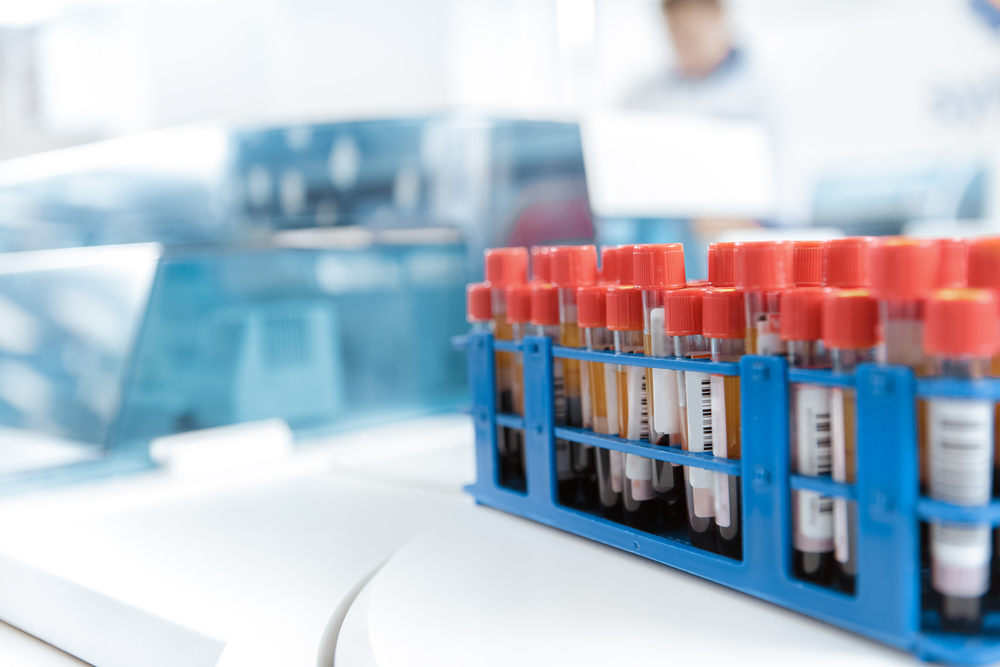
Iron deficiency anemia is a common condition that occurs when the body lacks an adequate amount of healthy red blood cells. These red blood cells are responsible for carrying oxygen to the body's tissues. Iron deficiency anemia is specifically caused by insufficient iron, which is necessary for the production of a substance called hemoglobin in red blood cells. Hemoglobin enables red blood cells to effectively carry oxygen throughout the body. Without enough iron, the body cannot produce sufficient hemoglobin, leading to symptoms such as fatigue, weakness, and pale skin.
Overview
Iron deficiency anemia is prevalent worldwide and affects people of all ages, but it is more common in women and children. The condition can be attributed to various factors, including blood loss, a lack of iron in the diet, an inability to absorb iron, and pregnancy. Blood loss, whether from heavy menstrual periods or internal bleeding, can deplete the body's iron stores. Additionally, inadequate iron intake from the diet can contribute to iron deficiency anemia. Certain medical conditions that affect the small intestine's ability to absorb nutrients, such as celiac disease, can also lead to iron deficiency anemia.
Symptoms
Iron deficiency anemia can initially be mild, making it difficult to notice. However, as the condition worsens, symptoms become more prominent. Common symptoms of iron deficiency anemia include extreme fatigue, weakness, pale skin, chest pain, fast heartbeat, shortness of breath, headache, dizziness, cold hands and feet, inflammation or soreness of the tongue, brittle nails, and unusual cravings for non-nutritive substances. Infants and children with iron deficiency anemia may experience poor appetite.
When to See a Doctor
If you or your child exhibits symptoms that suggest iron deficiency anemia, it is important to consult a doctor for a proper diagnosis. Self-diagnosing or treating iron deficiency anemia without medical guidance can be dangerous. Iron supplementation is often the solution for correcting iron deficiency anemia, but additional tests and treatments may be necessary in certain cases, especially if internal bleeding is suspected.
Causes
Iron deficiency anemia occurs when the body doesn't have enough iron to produce adequate amounts of hemoglobin. The causes of iron deficiency anemia include blood loss, a lack of iron in the diet, an inability to absorb iron, and pregnancy. Blood loss can result from heavy menstrual periods or chronic internal bleeding, such as that caused by peptic ulcers, hiatal hernias, colon polyps, or colorectal cancer. Insufficient iron intake from the diet can lead to iron deficiency anemia. Certain medical conditions, including celiac disease or surgical procedures that affect the absorption of nutrients, can impair the body's ability to absorb iron properly. Pregnant women are also at risk of iron deficiency anemia due to increased iron demands for their own blood volume and for fetal hemoglobin production.
Risk Factors
Certain groups of people are more susceptible to iron deficiency anemia. Women, especially those with heavy menstrual periods, are at a higher risk of developing the condition. Infants, children, and vegetarians may also be more prone to iron deficiency anemia due to inadequate iron intake. Frequent blood donors can experience temporary iron deficiency due to the depletion of iron stores. It is essential to consult a doctor if you fall into any of these risk groups and experience symptoms suggestive of iron deficiency anemia.
Complications
While mild iron deficiency anemia typically does not cause complications, untreated severe cases can lead to various health problems. Anemia can strain the heart, resulting in a rapid or irregular heartbeat. The heart must work harder to compensate for the decreased oxygen-carrying capacity of the blood. Severe iron deficiency anemia in pregnant women has been linked to premature births and low birth weight babies. Additionally, infants and children with iron deficiency anemia may experience delayed growth, development issues, and increased susceptibility to infections.
Prevention
Preventing iron deficiency anemia involves making dietary choices that are rich in iron. Foods such as red meat, pork, poultry, seafood, beans, dark green leafy vegetables (e.g., spinach), dried fruit (e.g., raisins and apricots), iron-fortified cereals, breads, and pastas, as well as peas, are excellent sources of iron. It is worth noting that the body absorbs iron from meat more efficiently than from plant-based sources. Therefore, individuals who follow a vegetarian diet may need to increase their intake of iron-rich plant-based foods to ensure adequate iron absorption. Consuming foods high in vitamin C, such as citrus fruits, broccoli, and leafy greens, alongside iron-rich foods can enhance iron absorption.
Diagnosis and Treatment
If iron deficiency anemia is suspected, a doctor will conduct a thorough evaluation, which may include a physical examination, blood tests to measure iron levels, and additional tests to identify the underlying cause. Treatment typically involves iron supplementation to replenish iron stores in the body. The dosage and duration of iron supplementation will depend on the severity of the anemia and the individual's specific needs. In cases where the underlying cause of iron deficiency anemia is related to bleeding, such as gastrointestinal bleeding, additional interventions may be required to address the source of bleeding.
Additional Information
It is important to note that iron deficiency anemia can have various causes, and each case should be evaluated individually. It is always recommended to consult a healthcare professional for an accurate diagnosis and appropriate treatment plan.
Conclusion
Iron deficiency anemia is a prevalent condition that can have significant impacts on an individual's health and well-being. Recognizing the symptoms and seeking medical attention promptly is crucial for proper diagnosis and treatment. By incorporating iron-rich foods into your diet and addressing any underlying causes of iron deficiency, you can prevent and manage iron deficiency anemia effectively. Remember to consult a healthcare professional for personalized advice based on your specific circumstances.






